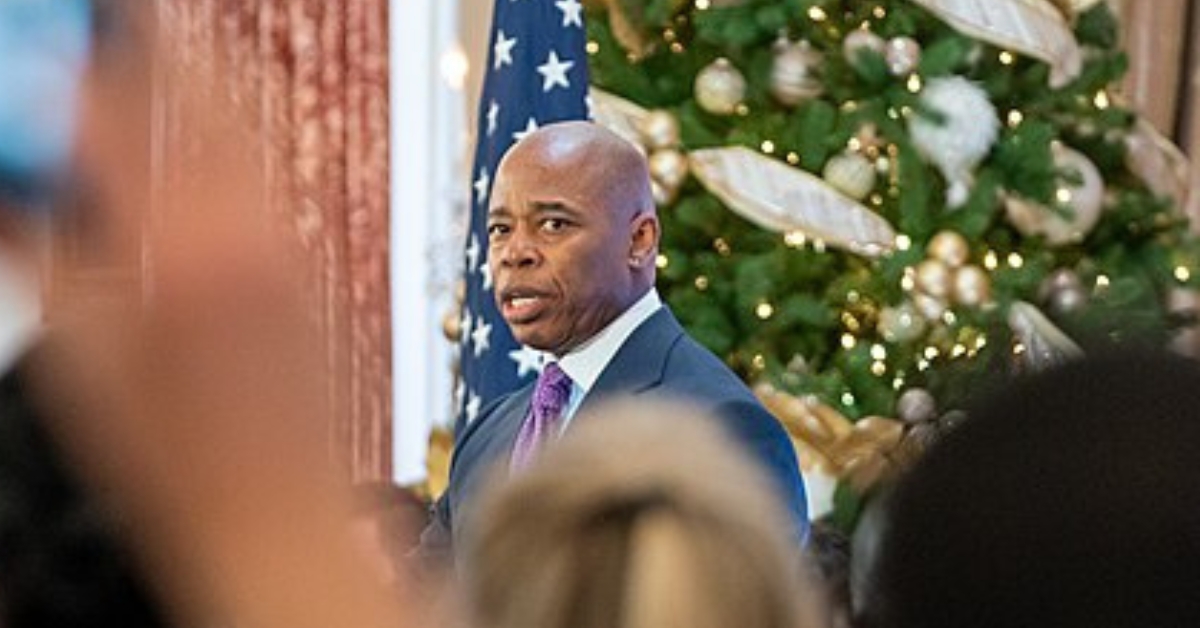
Tennessee Republicans Stand Up to Big, Woke Banks That De-Banked Religious Groups
In Tennessee, a concerning trend is emerging, one that mirrors a larger, national dialogue about the intersection of finance, ideology, and freedom. Lawmakers in the Volunteer State recently heard testimonies that shed light on a deeply troubling practice: de-banking. This term, though relatively new to the public lexicon, describes an alarming phenomenon where individuals or groups find themselves suddenly severed from essential financial services, not due to fiscal irresponsibility, but for holding certain political or religious beliefs.
Among those sharing their experiences was the National Committee for Religious Freedom, an organization dedicated to upholding the principles of religious liberty across the United States. Founded by former Kansas Governor Sam Brownback, the group found its banking relationship with JPMorgan Chase abruptly terminated. The official reason? A failure to return paperwork within a 60-day window, despite the account being closed after merely three weeks. This situation raises a red flag, suggesting that the closure was not about paperwork or deadlines but about the organization’s mission and values.
The testimony took place during a hearing on a proposed Tennessee bill, HB2100, aimed at safeguarding individuals and groups from such discrimination. This legislation seeks to amend the state’s consumer protection laws, ensuring that financial institutions and insurance companies cannot deny services based on one’s speech, opinions, religious beliefs, or affiliations. This bill is not only timely but necessary in a climate where financial access increasingly appears contingent upon ideological conformity.
This issue isn’t isolated to Tennessee. Instances of de-banking have sparked concern across the nation and even internationally, as seen with the Canadian government’s controversial freezing of truckers’ bank accounts. Such actions set a dangerous precedent, where financial institutions wield the power to effectively silence or penalize dissenting voices.
The case of Indigenous Advance Ministries, a Christian nonprofit impacted by Bank of America’s sudden account closure, further illustrates the real-world consequences of de-banking. The organization’s mission in Uganda was jeopardized, highlighting how such decisions can extend far beyond the confines of political or ideological battlegrounds, affecting humanitarian efforts around the globe.
Opponents of the Tennessee bill, including the Tennessee Bankers Association, argue that existing federal discrimination laws provide sufficient protection. However, the testimonies heard in Nashville suggest otherwise. These aren’t hypothetical scenarios or baseless fears; they are tangible experiences of groups and individuals who’ve found themselves on the wrong side of an ideological divide, as defined by their banks.
The proposed legislation, championed by Rep. Jason Zachary (R) and Senate Majority Leader Jack Johnson (R), is a proactive step towards ensuring that Tennesseans can engage in lawful commerce and expression without fear of financial reprisal. It acknowledges a fundamental truth: one’s access to financial services should not be predicated on their political beliefs, religious affiliations, or advocacy for constitutional rights, such as the Second Amendment.
As this bill moves toward a vote, it represents not just a legal measure, but a moral stance against the encroachment of ideological bias into the realm of personal and organizational finance. The protection of consumer rights, free speech, and religious freedom is paramount in a democratic society. Tennessee’s legislative efforts serve as a crucial reminder that in the fight for liberty, vigilance is necessary, and legislative safeguards are indispensable.











